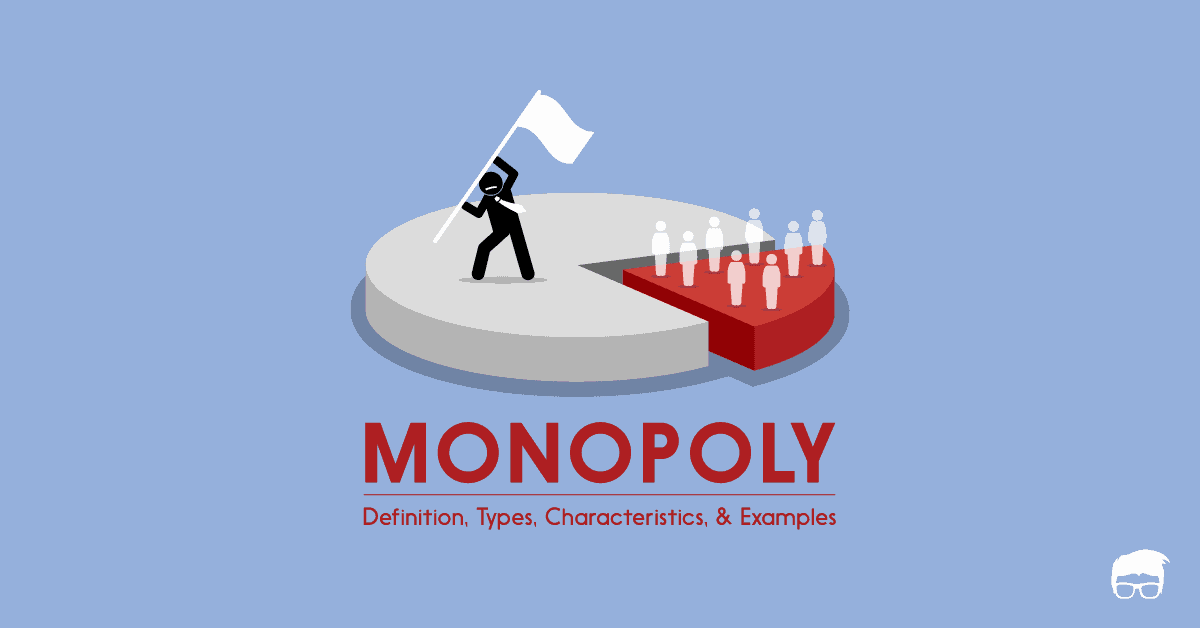

In other cases, they may limit competition to a few firms. In some cases, barriers to entry may lead to monopoly.

Once an entrepreneur or firm has purchased the rights to all of them, no new competitors can enter the market. For example, there are a finite number of radio frequencies available for broadcasting. Barriers to entry can range from the simple and easily surmountable, such as the cost of renting retail space, to the extremely restrictive. Barriers to entry are the legal, technological, or market forces that discourage or prevent potential competitors from entering a market. These profits should attract vigorous competition as we described in perfect competition, and yet, because of one particular characteristic of monopoly, they do not.

8.2 Barriers to entryīecause of the lack of competition, monopolies tend to earn significant economic profits. As a result, a monopoly is not a price taker like a perfectly competitive firm, but instead exercises some power to choose its market price. While a monopoly must be concerned about whether consumers will purchase its products or spend their money on something altogether different, the monopolist need not worry about the actions of other competing firms producing its products. It then discusses how a monopoly will choose its profit-maximizing quantity to produce and what price to charge. This chapter begins by describing how monopolies are protected from competition, including laws that prohibit competition, technological advantages, and certain configurations of demand and supply. federal court tossed out antitrust charges that Google had an agreement with mobile device makers to set Google as the default search engine.
#MONOPOLY EXAMPLES IN REAL LIFE WINDOWS#
In 2013, the Windows system ran on more than 90% of the most commonly sold personal computers. Since nearly everyone was using Windows, including Internet Explorer eliminated the incentive for consumers to explore other browsers and made it impossible for competitors to gain a foothold in the market.
#MONOPOLY EXAMPLES IN REAL LIFE FREE#
The Justice Department’s argument was that, since Microsoft possessed an extremely high market share in the industry for operating systems, the inclusion of a free web browser constituted unfair competition to other browsers, such as Netscape Navigator. Department of Justice prosecuted the Microsoft Corporation for including Internet Explorer as the default web browser with its operating system. Some new drugs are produced by only one pharmaceutical firm-and no close substitutes for that drug may exist.įrom the mid-1990s until 2004, the U.S. Postal Service, your electric, and garbage collection companies are a few examples. Department of Justice uses.Įven though there are very few true monopolies in existence, we do deal with some of those few every day, often without realizing it: The U.S. This tends to be the definition that the U.S. While a monopoly, by definition, refers to a single firm, in practice people often use the term to describe a market in which one firm merely has a very high market share. Since a monopoly faces no significant competition, it can charge any price it wishes, subject to the demand curve. In the case of monopoly, one firm produces all of the output in a market. If perfect competition is a market where firms have no market power and they simply respond to the market price, monopoly is a market with no competition at all, and firms have a great deal of market power. In this chapter, we explore the opposite extreme: monopoly. Think about it this way: If you very much wanted to win an Olympic gold medal, would you rather be far better than everyone else, or locked in competition with many athletes just as good as you? Similarly, if you would like to attain a very high level of profits, would you rather manage a business with little or no competition, or struggle against many tough competitors who are trying to sell to your customers? By now, you hopefully have read chapter 7. Many believe that top executives at firms are the strongest supporters of market competition, but this belief is far from the truth. 8 Monopoly 8.1 An Introduction to monopoly


 0 kommentar(er)
0 kommentar(er)
